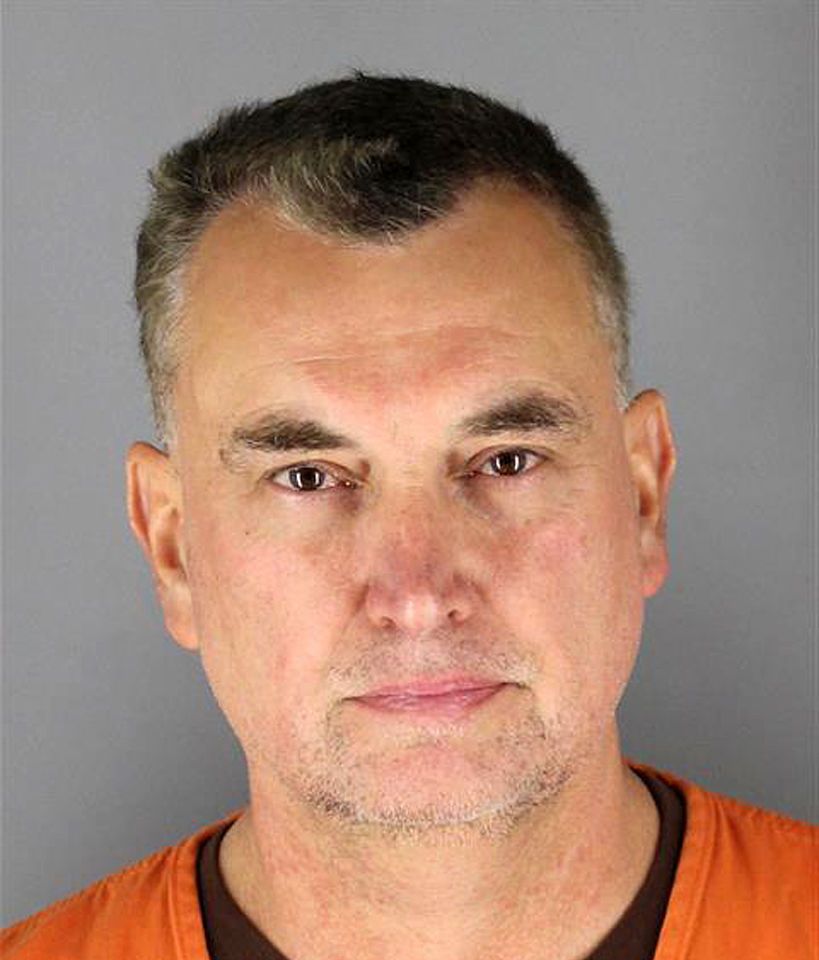North Carolina Protest: 'Raging Grannies' Turn Up the Heat On Conservative N.C. Proposals
‘Raging Grannies’ Turn Up the Heat On Conservative N.C. Proposals
Like a motorist swerving to avoid an accident, lawmakers in North Carolina have pulled the state to the far right, proposing a series of laws that seem intended to weaken voting rights, environmental protections, and protections for the poor.
But over the past two weeks, college students have been trying to bring the state back to the center with acts of civil disobedience and planned arrests designed to draw attention to the state’s conservative policies.
Now it looks like veteran reinforcements are on the way.
Call them the “Raging Grannies.”
RELATED: Civil Disobedience Arrests Mount In N.C. In Protest Of Conservative Agenda
A group of activist grandmothers, “Raging Grannies” joined a protest “pray-in” that included students, civil rights advocates, and clergy from around the state. About 30 people were arrested at the statehouse in the demonstration designed to force the state legislature to reconsider some of the bills that would reduce funding for preschool education, reduce aid to the state university system, and ease restrictions on gun purchasing.
“One of our sayings is ‘Stay in Trouble’ and that’s what we intend to do because we have to fight against anything that threatens the future of our grandchildren,” said Vicki Ryder, 71, one of three grannies who was arrested at the protest.
Ryder said the Grannies group has been around since 1987 and has chapters around the world. The goal of the group is to seek out injustice and raise its voice in protest, Ryder said.
“I didn’t take getting arrested lightly,” Ryder said. “You never know how you will be treated by the system and there is a fear of the unknown, but we have to say something against the legislation that is coming out of the North Carolina statehouse.”
Watch Ryder talk about her activism here:
Thus far, state officials have said little publicly about the protests. The Republican-controlled legislature probably would like to see the protestors tire and move on to another topic, but if the activists can broaden the scope and membership of the effort, they might be able to bring national attention to their cause.
And that may be happening now.
While 17 people were arrested at the initial protest, 30 were arrested Monday.
“North Carolinians have decided they will not sit idly by and watch the leadership of the N.C. General Assembly take our state backwards to a time of greater inequality, intolerance, and human indignity,” said North Carolina NAACP President, Rev. Dr. William J. Barber II.
And along with the “Grannies,” the Monday night protest was joined by Dr. Charles Van Der Horst, an AIDS researcher at the University of North Carolina at Chapel Hill and historians Dr. William Chafe and Professor Jacqueline Dowd-Hall.
If other members of North Carolina society who have some clout join the ranks of the protests, progressives might be able to soften the blow of the proposed legislation that would, among other things, shorten early voting provisions and eliminate Sunday voting and same-day registration and ease restrictions on the controversial practice of fracking for oil reserves – a method some scientists say harms drinking water supplies.
Ryder said she was held by authorities for seven hours and while the accommodations were sparse, she and other protesters were treated civilly.
Her only complaint is that as a condition of her release, Ryder is not permitted on the grounds of the statehouse until the case is officially closed. And that process might drag deep into the summer months, she said.
“I feel that is unjust because I haven’t been found guilty of anything,” Ryder said.
It should come as no surprise that Ryder plans to challenge her statehouse ban in court.















